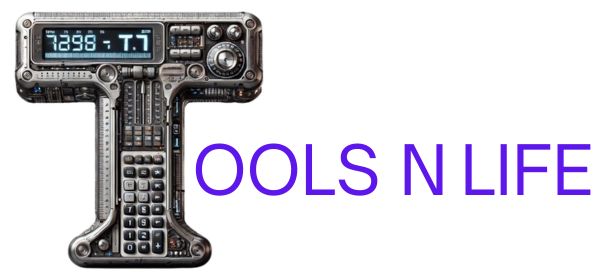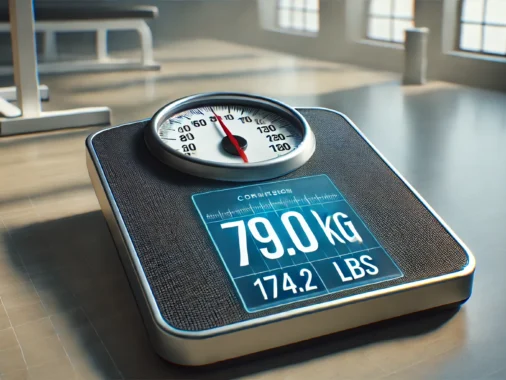Converted Time
Understanding Time Conversion: From Seconds to Hours
As an experienced time management consultant with over 15 years of helping individuals and businesses optimize their schedules, I’ve found that understanding time conversion is fundamental to productivity. Converting seconds to hours might seem simple, but it’s a crucial skill in many fields including science, sports, cooking, and project management.
The Mathematics Behind Time Conversion
Time conversion between seconds, minutes, and hours follows a consistent base-60 system inherited from ancient Babylonian mathematics. This sexagesimal system has stood the test of time because 60 has many divisors, making calculations more convenient than base-10 for time measurement.
The fundamental relationships are:
- 1 minute = 60 seconds
- 1 hour = 60 minutes = 3,600 seconds
Conversion Formulas Explained
To convert seconds to hours, minutes, and seconds:
Hours = floor(Total Seconds ÷ 3600)
Remaining Seconds = Total Seconds mod 3600
Minutes = floor(Remaining Seconds ÷ 60)
Seconds = Remaining Seconds mod 60
Where “floor” means rounding down to the nearest whole number, and “mod” represents the modulo operation (remainder after division).
Common Conversions Reference Table
| Seconds | Hours | Minutes | Seconds Remainder | Practical Example |
|---|---|---|---|---|
| 3,600 | 1 | 0 | 0 | Standard work hour |
| 7,200 | 2 | 0 | 0 | Typical movie length |
| 8,640 | 2 | 24 | 0 | Marathon completion time for elite runners |
| 10,000 | 2 | 46 | 40 | Approximate time for a quick morning routine |
| 86,400 | 24 | 0 | 0 | Full day (24 hours) |
Real-World Applications of Time Conversion
Throughout my career, I’ve helped clients apply time conversion in various practical scenarios:
1. Project Management
When planning projects, team members often track time in seconds (especially in digital systems), but reports need hours and minutes. Converting 21,600 seconds to 6 hours helps in creating understandable progress reports for stakeholders.
2. Athletic Training
Coaches frequently work with precise timing. A runner completing a drill in 5955.76 seconds needs to know that’s 1 hour, 39 minutes, and 15.76 seconds to analyze performance accurately.
3. Scientific Research
In laboratory settings, experiments often run for precise periods measured in seconds, but findings are reported in hours and minutes for broader scientific communication.
4. Cooking and Baking
Professional recipes sometimes specify cooking times in seconds for precision, while home cooks prefer minutes and hours. Converting 5400 seconds to 1.5 hours ensures perfect results.
Frequently Asked Questions About Seconds to Hours Conversion
Why are there 3,600 seconds in an hour?
This comes from the ancient Babylonian base-60 number system. Since 1 hour = 60 minutes and 1 minute = 60 seconds, multiplying 60 × 60 gives us 3,600 seconds per hour.
How do I convert seconds to hours without a calculator?
Divide the number of seconds by 3,600. The whole number is hours. Multiply the decimal remainder by 60 to get minutes, then multiply the decimal remainder of that by 60 to get seconds.
What’s the most accurate way to convert unusual values like 5955.76 seconds?
For precise conversions, keep the decimal values throughout the calculation: hours = total_seconds / 3600, then calculate minutes from the decimal remainder, and seconds from that remainder.
How does time conversion apply to time zones?
While time zones deal with hours, precise international scheduling often requires conversion to seconds for computer systems, which then display local times in hours and minutes.
Historical Context of Time Measurement
The division of hours into minutes and seconds dates back to ancient civilizations. The Egyptians first divided the day into 24 hours, while the Babylonians’ sexagesimal (base-60) system gave us 60 minutes per hour and 60 seconds per minute. This system persists because 60 has many divisors (1, 2, 3, 4, 5, 6, 10, 12, 15, 20, 30, 60), making calculations more convenient than the base-10 system we use for most other measurements.
Pro Tips for Quick Mental Conversion
After years of teaching time management, I’ve developed these quick estimation techniques:
- For rough estimates: Divide seconds by 3,600 in your head by dividing by 4,000 first, then add 10% to the result
- Quick minute conversion: Remember that 300 seconds = 5 minutes, 600 seconds = 10 minutes
- Common reference points: Keep in mind that 8,640 seconds = 2.4 hours, and 10,000 seconds is approximately 2.78 hours
Master Your Time Management
Understanding time conversion is just the first step toward effective time management. Whether you’re optimizing your daily schedule, planning projects, or analyzing data, precise time calculation is essential. Use our converter above for your specific needs, and consider exploring our time management resources to make the most of every second.






